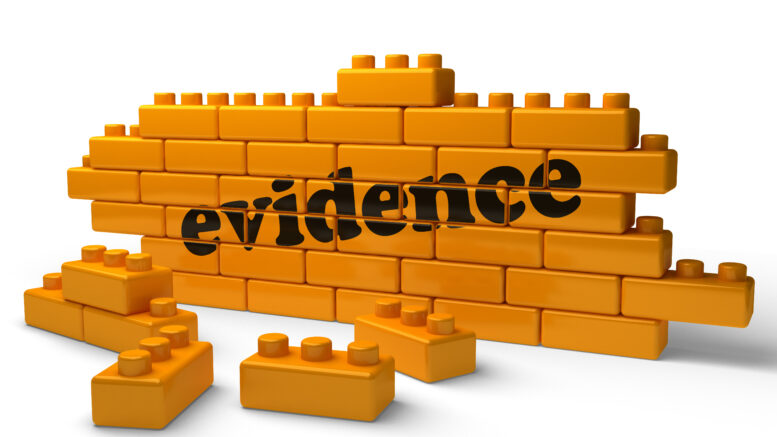Evidence, not arguments, is what makes or breaks a case. The ability to provide proof of the allegations for a plaintiff, or to refute what the plaintiff alleges if you are the defendant, is what allows a court to make a decision. If you are having a trial before a judge, then the judge answers all questions as to law and fact. If it is a jury trial, then the judge instructs the jury on what the law of the case is and then the jury makes findings of fact based on the law and the evidence.
But where does evidence come from?
Usually a party to a case will have at least some evidence, whether it be documents, photographs, or other tangible items. In addition, evidence can also be the testimony of a party or someone else.
However, the best place to start accumulating evidence as well as finding out the other side’s case is through the use of discovery. Interrogatories, requests for production, and requests for admission sent to the other party will often provide all of the evidence necessary to win a case.
While I try to avoid “war stories” of my time as a lawyer on this website, sometimes they are illustrative. I can remember one particular child custody case where we were fighting against Child Protective Services and our discovery requests yielded almost 10,000 pages of documents. I personally looked at every word on every page of those documents at least three times and when we got to trial I had a hundred or so marked as exhibits and ready to go.
After the second day of trial, it was obvious we were winning the case by a comfortable margin since the CPS workers were falling apart every time we cross examined one and the documents I was using would appear to catch them in lies no matter what their stories were. In reality, different workers had told different versions of what had happened in their reports and so, no matter what they answered on the witness stand, I had a document by someone else that said the opposite.
After the case was over, one of the lawyers for CPS asked, “Where did you get all of those documents?” I never answered and he never knew that they had provided them all to us since, apparently, they had never taken the time to go through the boxes and boxes of documents they sent to us.
Doing discovery correctly is extremely important and there are no forms that provide the exact questions to ask for every case. However, just as with all other parts of the law, if you understand the concepts behind discovery then you can draft your own to suit your particular case. Our book, The Guerrilla Guide to Written Discovery (Civil) provides the knowledge you need to use discovery to your advantage. Like all of our books, it has some forms in it to use as examples but the primary focus is not on providing forms, it is on teaching you the concepts so you understand why you are taking certain steps and thus when you are faced with issues unique to your case, you will be able to figure out what to do.
Equally important to having evidence is being able to get it admitted by the court. Every state except Virginia as well as the federal court system has Rules of Evidence which set forth what is proper and what is not allowed. However, the rules themselves are often confusing which is why we wrote The Guerrilla Guide to Trial Objections. This book explains how to object to evidence as well as how to respond to the objections you are likely to face at trial.
Being knowledgeable and prepared are the keys to winning your case!


Be the first to comment on "How to Get and Prepare Evidence for Your Case"